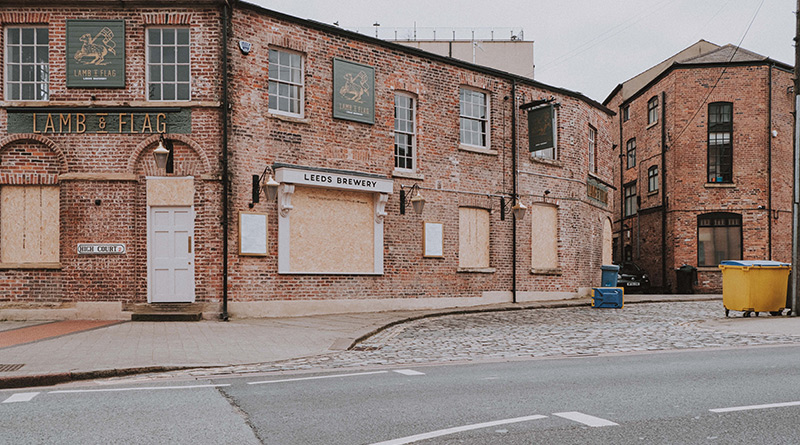Britain’s Licensed Premises Drop Below 100,000 For The First Time In 20 Years

More than 44,000 net outlets have been lost since 2003, equivalent to just over six closures every day for the last two decades
New figures from leading hospitality trade body UKHospitality in partnership with CGA by NIQ, reveal that Britain’s number of licensed premises has fallen by nearly a third (31%) in the last two decades.
The figures highlight the seismic changes in hospitality and the sustained periods of pressure the industry has been under, more recently exacerbated by soaring inflation, rising energy bills and workforce challenges. UKHospitality is calling for urgent Government support in the Autumn Statement, in the form of extending business rates relief and freezing the current multiplier.
The insights show that at the end of September 2023, the total number of licensed premises in Britain stood at 99,916 —a drop of 30.6% from the figure of 144,055 recorded by CGA in 2003, and the first time it has entered five figures.
The largest losses have been drink-led pubs, bars and nightclubs, which have seen a net decline of 43.6% over the period. The last 20 years have also seen an uplift in managed sites, which have performed better than their independent counterparts, up 14.6% versus a decline of 32.9%. The period has also experienced an increase in eating venues, up 14.8%, mainly in the form of the casual dining restaurants and food-led pubs, which reflects the consumer shift in this time from drinking out to eating out.
The positive news is that the wider hospitality sector continues to grow its workforce[1], suggesting that some of the losses of venues are offset by larger sites and particularly more food-focused businesses. However, this shows a very changed landscape in the space of just two decades.
Kate Nicholls, CEO of UKHospitality, said: “Given the shocking number of hospitality business closures exposed by these new figures, the last thing the sector needs is the potential £1 billion bill as a result of the business rates hike due in April. Our industry has proved time and time again that, with the right conditions, it can drive national economic growth, invest in local communities and create jobs at all levels.
“The Autumn Statement is an opportunity to extend the current business rates relief and freeze the current multiplier. In doing so, it can not only save more local and national businesses from closure but enable investment and growth. We also continue to ask the Chancellor to consider more medium- to long-term measures to support the industry, such as reviewing the rate of VAT for hospitality and reforming the apprenticeship levy to give businesses more control and flexibility over funding.”
Karl Chessell, CGA by NIQ’s business unit director – hospitality operators and food, EMEA, said: “These figures show the steady contraction of Britain’s licensed premises over a 20-year period and that has accelerated in recent years with the triple whammy of Brexit, COVID and spiralling costs. But while the closures have negatively impacted communities and livelihoods, some trends have been positive, like the dramatic increase in the quantity and quality of restaurants and the success stories of multi-site operators.
Demand for eating and drinking out is still strong and hospitality has a key role in connecting all our communities. The right government support is needed to ensure businesses can survive and help drive our economic recovery.”
